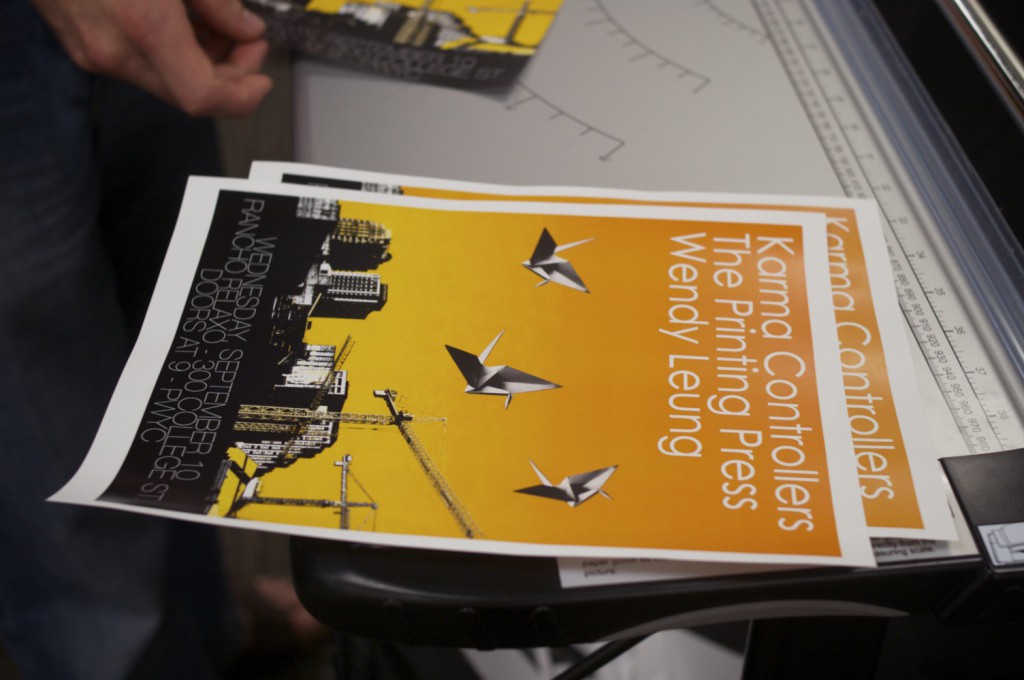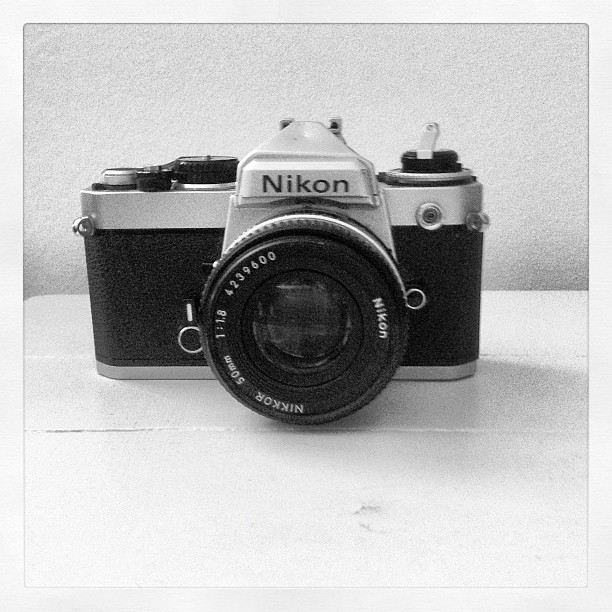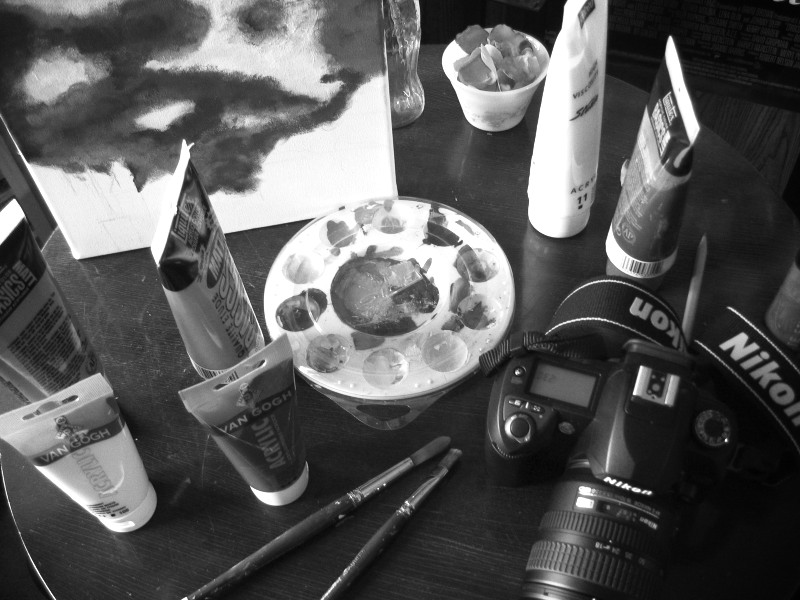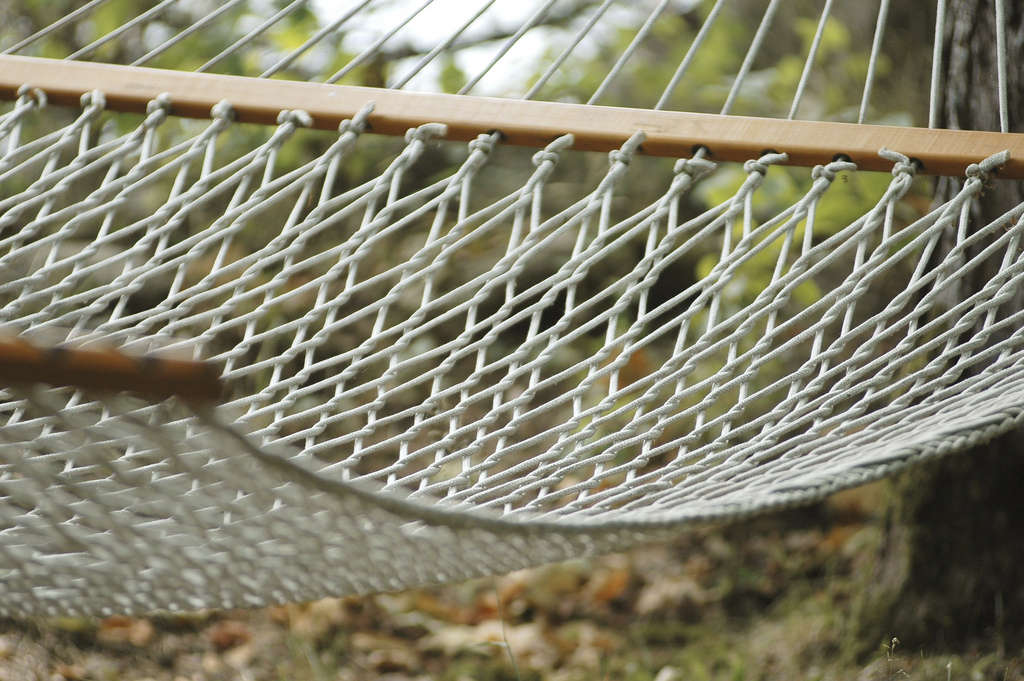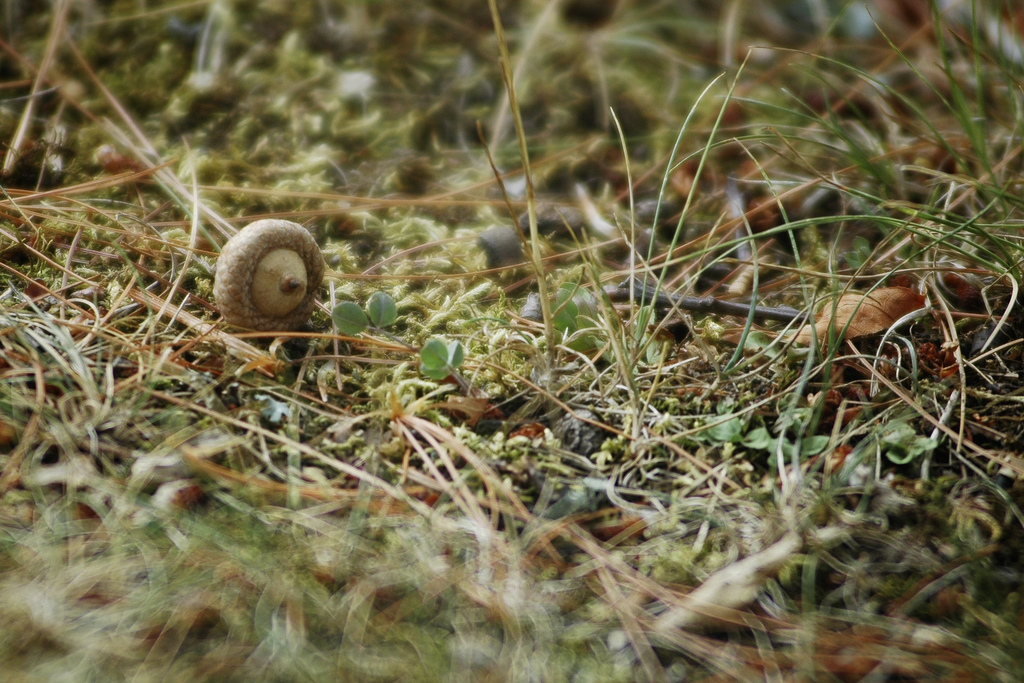When I think about the fact that I currently work full time as a front-end developer and that before that I worked at several jobs as a designer as well, sometimes it feels a little surreal, given my background. Four years ago, I was a fresh university graduate with a double major in History and Art History with no design or programming education or professional experience to speak of.
The aim of this post to try and give some advice that I would have appreciated hearing when I was first starting out as a total n00b. Everything I’ve written is of course through the lens of someone who works in the field of web design, but I don’t see why you couldn’t apply it to other creative or technical pursuits as well.
Here is what worked for me, and what I’d recommend to others starting out:
Starting as a hobbyist
There’s no easier way to test whether you’d like something than to just try it out on a personal project. I knew I liked to make websites because I’d been making terrible personal sites since I was 11 and thought that Geocities and animaged GIFs were awesome, and I’d continued to make cringeworthy websites through my teenage years. Of course, they were terrible by today’s standards and I’d never include any of them in a portfolio, but being a hobbyist without any professional pressure was a great way to slowly nurture a skill that I grew to enjoy and eventually become pretty good at. If you want to be a designer, experiment with some personal projects (perhaps try a logo or a business card). If you want to be a writer, start keeping a journal or start a blog. Nobody even has to know!
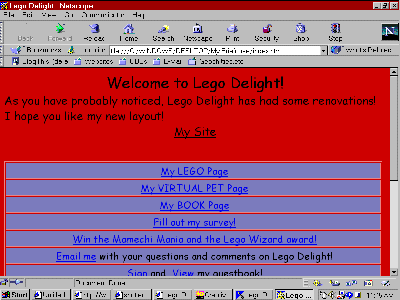
My first website ever, circa 1997. It featured a delightful colour scheme, gorgeous typography, and a state-of-the-art table-driven layout. It’s still an integral part of my portfolio, obviously.
Volunteering your skill for someone in need
Because I’m largely self-taught, I needed a lot of practice to hone my design and coding skills. The best way to do this without selling your soul is to volunteer your time and skills for people or groups who need them but could never afford a professional. Note! I’m not talking about responding to shady, exploitative Craigslist ads that ask you to work for free for “exposure” or because “it’ll be a great portfolio piece”. Barf. In my case, this initially meant volunteering to make websites and marketing materials for student groups while I was in school. It was a great way to practice in a fairly low-stress but real environment. I also ended up improving my web skills and gaining experience by volunteering for Stand Canada, which is entirely run by volunteers. If you’re a student you have a distinct advantage because student-run groups are always in need of talented volunteers, but if you’re not, there are plenty of worthy causes out there that could use your help. Ask around!
Educating yourself
Although there are plenty of self-taught geniuses in the world, it’s sometimes difficult and overwhelming to teach yourself everything you need to know. It’s important to have some foundational knowledge, at least in design or development. Otherwise, you’ll find yourself copying and pasting recklessly without actually knowing why you’re doing what you’re doing.
You can choose to go to university or college for your chosen profession, but if you’ve already graduated from school and don’t have the time, money, or inclination to go back for another full program, there are other options. Most colleges offer continuing education, which is less of a time commitment than being a full time student, but still offers the structure of being in a class. As for me, I enrolled in a 3-year graphic design program right after graduation, but I left after the first semester, because it turned out that 7 years of consecutive post-secondary education didn’t seem so appealing after all.
If the traditional classroom isn’t quite your thing, that’s cool, too. There are lots of great free and paid resources on just about every topic. Personally, I find that paying for something means that I’ll actually use it more. After all, I’ve spent money on it, so if I don’t use it, I’m being wasteful and I’ll feel guilty about it, and guilt is obviously a good motivator. In the past I had a subscription to Lynda.com, which I found quite useful, especially in learning how to use Adobe CS programs. Then there’s iTunes U, where you can take courses for free from schools all over the world, which is pretty crazy when you think about it.
And of course I have to give a shout out to Ladies Learning Code (one-day workshops) and HackerYou (longer, more in-depth courses), both of which I am/have been involved with as a mentor. If you’re in Toronto, check ’em out.
Practising on family and friends
Now, let me clarify here: if you’re not that skilled yet and someone you know and love needs a professional job done, it might be awkward and a little painful if you try and take it on as a beginner. It’s always best to be honest with yourself about your skill level. However, there are lots of ways to practise your creative skill on friends and family without immense pressure. Do you have friends in a band? Make them a gig poster! Someone you know starting a new hobby? Make them a business card! Tell everyone you know about your burgeoning skill, and they’ll keep you in mind for future projects. I also want to note that doing things for free or very cheap for people you know is probably only a good idea when you’re just starting out and really need the practice, and aren’t yet at a skill level where you’d feel comfortable charging for your work. Once you’re past that, working for free or super-cheap is generally not such a good idea, both for yourself and for your industry. (That is, unless you’re doing it as a gift — then go ahead, you kind person, you!)
Being your own client
If all else fails, there’s always one client you can count on — yourself. I used to go through countless iterations of my website and “brand identity” (though to be honest I didn’t know enough to call it that back then), and this gave me tons of good practice that I could use in, or as, my portfolio later on. Doing work for yourself is a bit of a mixed blessing — although you have the freedom to do whatever you want, often we’re our own worst critics, and it’s extremely difficult to make something for ourselves that we’ll actually be satisfied with. This in itself is a mixed blessing as well, because creative dissatisfaction is a great motivator for trying new things and improving your skills.
Working your way up by working in-house
So, you’re starting to get good, and you’re on your way to finding a first real job in your chosen field. Hurray! A great way to start growing your skills if you’re talented but not yet an expert is to work in-house at a company, as opposed to working at an agency. I’m sure there are about 1000 exceptions to what I just said, but in my experience, working as an in-house designer or developer (client-side) is far less pressure than working with many clients at once (agency-side). Working at one organization generally means that you’ll be focused on fewer projects at once, and that you’ll be working on them for a longer period of time. It can be really enlightening to stay with a project from inception all the way to post-launch, and truly experience the outcomes of your decisions and work.
I was going to continue with what didn’t work so well for me, but this got so long that I’m going to cut it off here. Let me know if you found this useful, or even if you entirely disagree!





